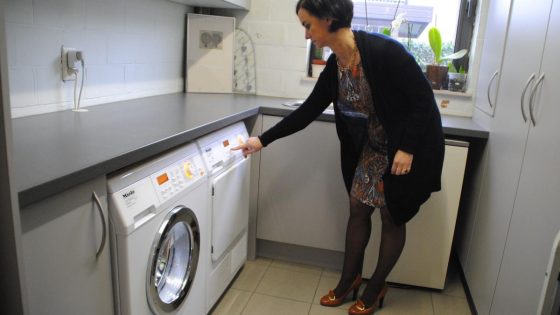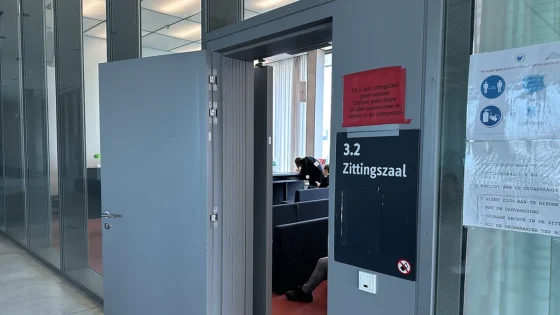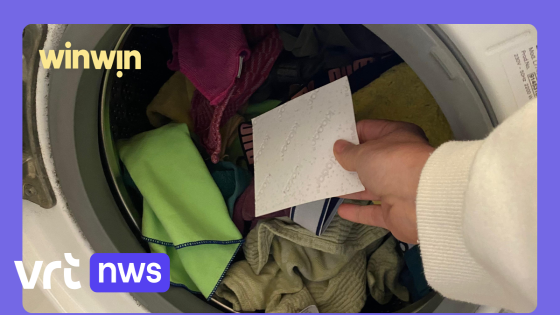Since January 1, more Flemish households can apply for a €250 discount voucher when buying new energy-efficient appliances. This energy appliance subsidy, introduced to support local families, has expanded through income-related criteria, now covering about 35% of households. As of 2025-05-18 11:08:00, the scheme aims to make essential home upgrades more affordable while promoting sustainability.
- Meer Vlamingen krijgen 250 euro korting
- Premie werd inkomensgerelateerd en uitgebreid
- Minister wil koopkracht en energiebesparing beschermen
- Kritiek op budgetontsporing en financiering
- Energiefonds wordt via elektriciteitsfactuur gevuld
- Parlementslid noemt maatregel "sinterklaaspolitiek"
Energy Minister Melissa Depraetere emphasizes the dual benefit: protecting family budgets and reducing energy consumption. But how effective is this subsidy in practice? And does it fairly target those who need it most?
Criticism has emerged regarding the program’s funding and scope, raising questions about its long-term impact on public finances and energy bills. Let’s explore what this means for Flemish consumers.
Is the subsidy a smart investment or an unsustainable expense? Independent MP Maurits Vande Reyde warns the budget risks “spiraling out of control,” as funds come from the Energy Fund, financed by all electricity consumers—even those not eligible for the voucher. Key points include:
- The subsidy broadens access but strains the Energy Fund’s budget.
- All electricity users indirectly finance the scheme, raising fairness questions.
- The Flemish Utilities Regulator flagged overspending on vouchers early this year.
Looking ahead, will the government adjust eligibility or funding to ensure sustainability? Flemish households should stay informed and consider applying soon, while policymakers must weigh benefits against budget risks carefully.





























